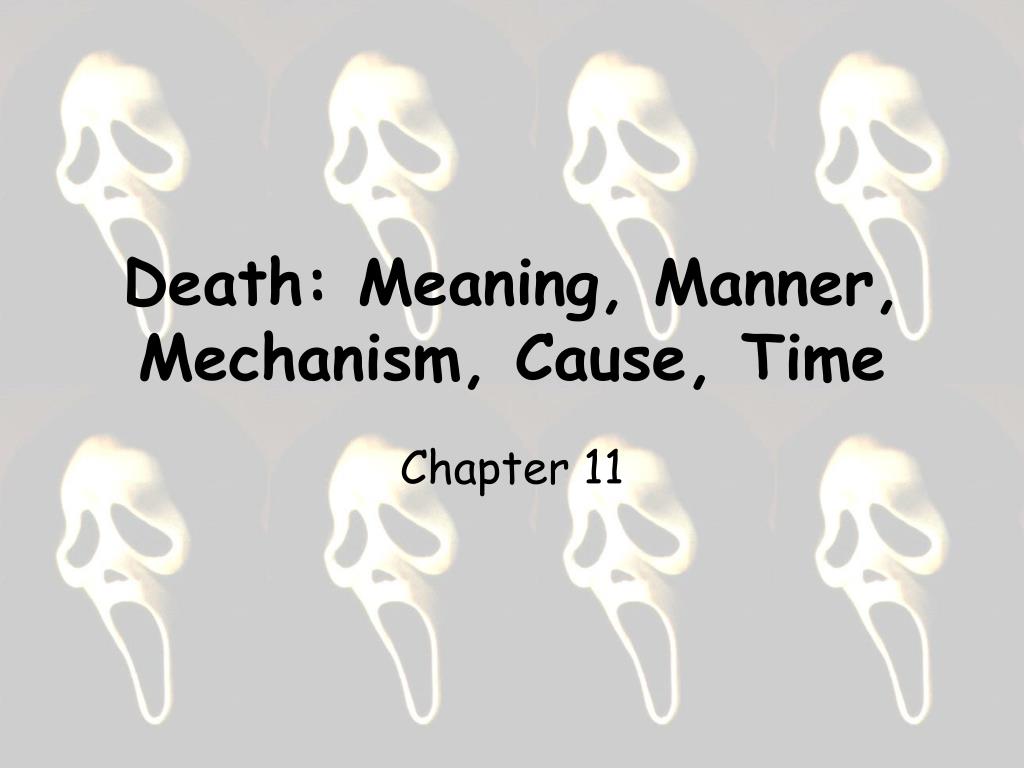

Smith’s indecisiveness led to his downfall while Davis showed quick decision-making by replacing him on the spot. Lee who was to remain Confederate commander throughout the war. Jefferson replied yes and sacked Smith on the spot, replacing him with Robert E. Smith is reported to have replied that he didn’t have one and asked Davis if he had any ideas on what to do. Davis returned the next day and asked again what Smith’s plan was. Displeased with the response, Davis nevertheless agreed. Smith asked for some time to think on the matter. Davis immediately asked Smith what his plan was to stop the Union army.

Smith was able and competent and so, on the spot, Gustavus Smith won a battlefield promotion. Jefferson Davis, present at the scene, asked Johnson who should replace him and Johnson answered that his second-in-command, Gustavus W. Smith became commanding officer when his superior, General Joseph Johnson, was wounded seriously defending the approaches to Richmond. The Union army was seeking to overrun Richmond and capture Jefferson Davis, president of the Confederate States. Smith, a leading officer in the Confederate Army during the American Civil War, who has the dubious privilege of commanding the army defending the Confederate capital, Richmond, from a Union army twice the size for only a day. Mike Useem begins his discussion by presenting the case of one General Gustavus W. On a recent visit to Google, Mike Useem from the Wharton School, discussed this question and set out some simple rules which we can allow follow to help us decide as leaders nd make good and timely decisions. So what makes a good and timely decision? What simple steps can we follow to try to avoid the trap of either “shooting from the hip” or getting bogged down in “analysis paralysis”? Decision-making is perhaps the key responsibility of every manager as everything comes down to making decisions on what strategy to implement, what actions to take, who to promote, who to recruit, etc. We’ve all worked for managers who have either “fired from the hip” and taken very fast decisions they regretted later on or on the other hand, bosses who continuously put off decisions until they had the right data and although they made the right decision, made it too late and their “analysis paralysis” led to failure. However, all of the tools and processes don’t replace the moment when we have to make that decision and we all have to make that decision and take responsibility for the results. We of course can use different methodologies and processes to help us prepare that decision.
#In timely manner meaning professional#
We have all developed our own rules and criteria for taking decisions, particularly at a professional level where the consequences of a good or bad decision can obviously impact the success of the project we’re working on, impact our team, impact the company’s bottom line. We’re all confronted on a daily basis with having to make decisions, both big and small, on a professional and personal level.


 0 kommentar(er)
0 kommentar(er)
